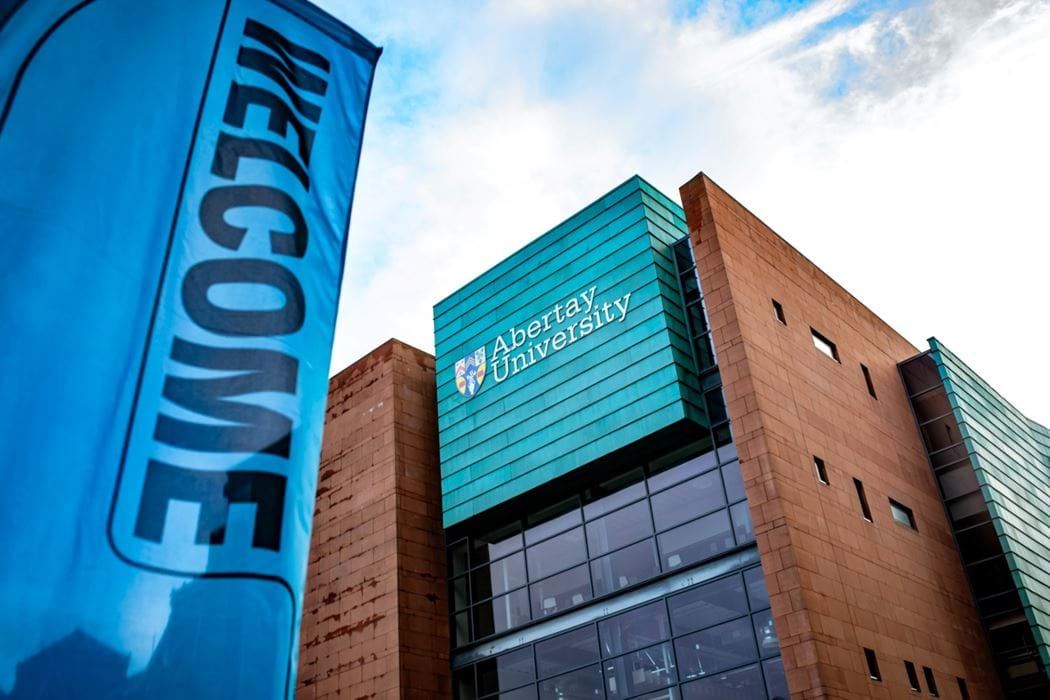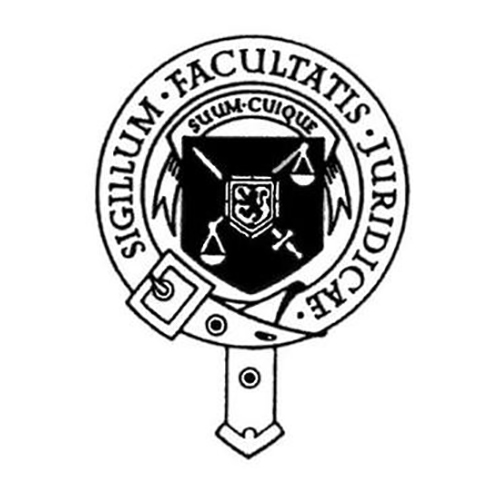Not sure if you're eligible for entry?
If you have the potential and motivation to study at university, regardless of your background or personal circumstances, we welcome your application.
We understand some people have faced extra challenges before applying to university, which is why we consider the background in which your academic grades have been achieved when making an offer.
If you expect to receive passes in three Scottish Highers (grades A-C) and have...
-
been in care, or are a young carer yourself
-
attended a school or lived in an area where not many people go to university
-
are eligible for free school meals
-
are a young person estranged from your family
-
are a government-recognised refugee or have asylum seeker status
-
are a registered pupil with sustained engagement in a targeted aspiration-raising programme such as LIFT OFF, LEAPS, FOCUS West or Aspire North
... we encourage you to submit an application.
Fees and funding
The course fees you'll pay and the funding available to you depends on factors such as your nationality, location, personal circumstances and the course you are studying.
More information
Find out about grants, bursaries, tuition fee loans, maintenance loans and living costs in our undergraduate fees and funding section.





















